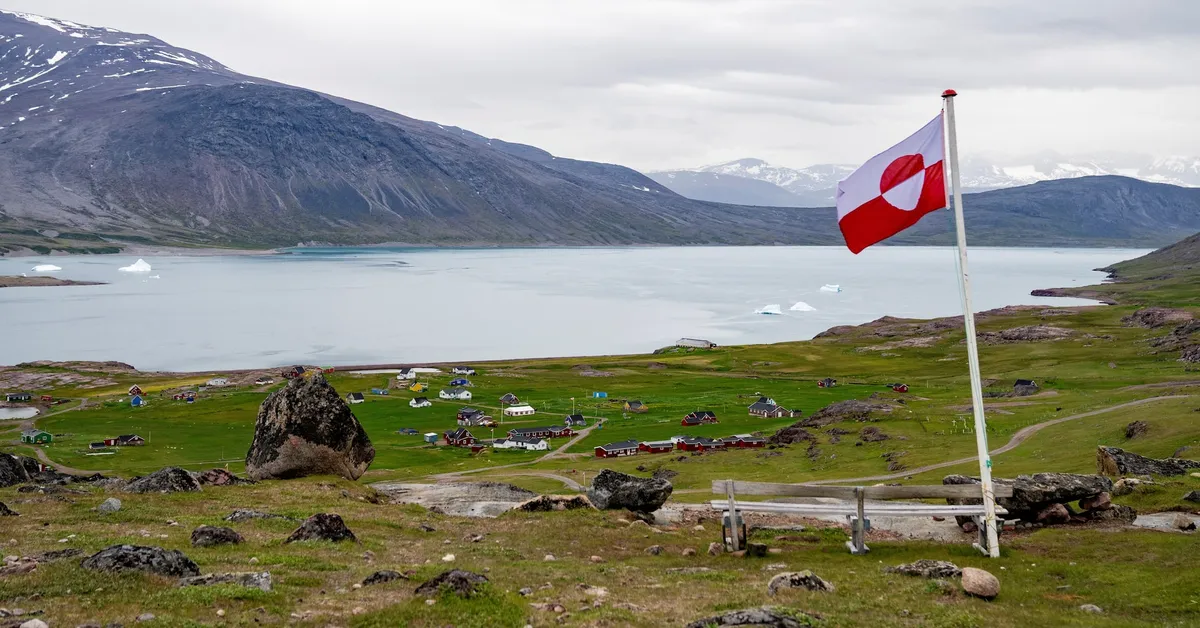
COPENHAGEN, March 25 (Reuters) - Denmark's Prime Minister Mette Frederiksen has expressed strong concerns regarding the unacceptable pressure being exerted by the United States on Greenland, following the announcement of a high-profile U.S. delegation's visit to the semi-autonomous Danish territory this week. This visit, scheduled from Thursday to Saturday, will be led by Usha Vance, the wife of U.S. Vice President JD Vance, and will include prominent figures such as White House National Security Adviser Mike Waltz and Energy Secretary Chris Wright.
On Monday, former President Donald Trump reiterated his controversial suggestion that the U.S. should consider taking over Greenland, emphasizing the island's significance for U.S. national security. Prime Minister Frederiksen firmly rejected this proposal, stating, "It is unacceptable pressure being placed on Greenland and Denmark in this situation. And it is pressure that we will resist," during her interviews with Danish broadcasters DR and TV2.
The visit has drawn criticism from Greenland's acting head of government, Mute Egede, who labeled it a provocation due to its timing, coinciding with important government coalition talks and upcoming municipal elections. Since Donald Trump Jr.'s private visit to the resource-rich island earlier this year, discussions about U.S. annexation of Greenland have intensified. Trump stated that his administration is collaborating with individuals in Greenland who are eager for change, although he did not provide further details.
Prime Minister Frederiksen emphasized that the delegation's visit does not reflect what Greenland needs or wants, asserting, "President Trump is serious. He wants Greenland. Therefore, this visit cannot be seen independently of anything else." This highlights the delicate balance of diplomatic relations between Denmark, Greenland, and the United States.
Brian Hughes, a spokesman for the White House National Security Council, stated that the delegation's purpose is to learn about Greenland's culture, history, and its people. However, Frederiksen contested the idea that this visit is merely a private gathering of official representatives. She reiterated that Denmark supports strong ties with the United States, referencing a bilateral agreement from 1951 that grants the U.S. rights to move freely and establish military bases in Greenland, provided that Denmark and Greenland are notified.
"We are allies," Frederiksen asserted, adding that there is no indication from either Denmark or Greenland that they oppose cooperation with the Americans. In response to U.S. actions, Egede has called for greater support from allies, stating, "There is massive support from the Nordic countries and the EU, so we have our allies and close partners with us." This sentiment underscores the ongoing complexities in international relations involving Greenland, Denmark, and the United States.
As tensions rise regarding U.S. interests in Greenland, the implications of this delegation visit continue to unfold, raising questions about the future of Greenland's autonomy and its relationship with both Denmark and the United States.